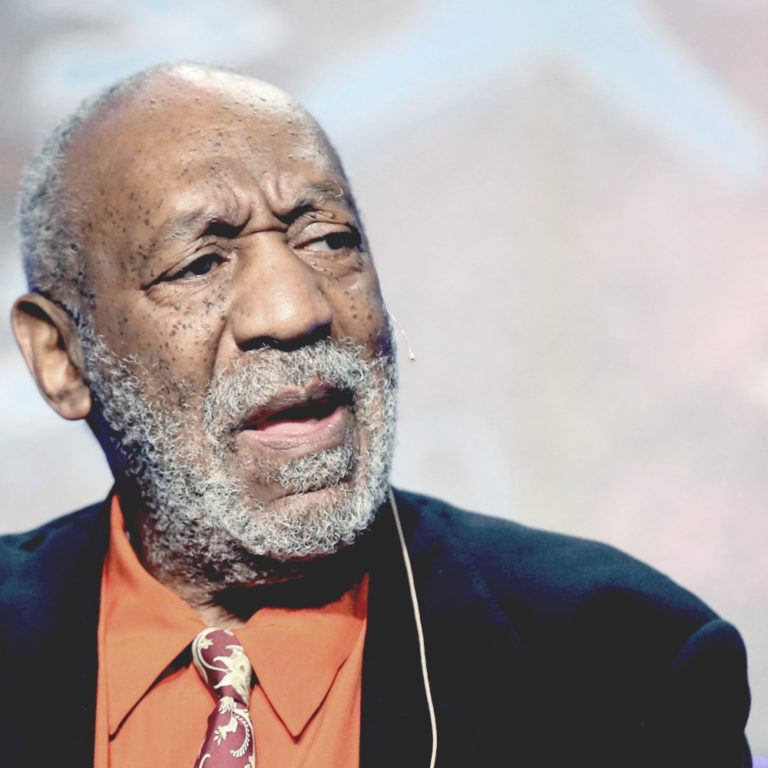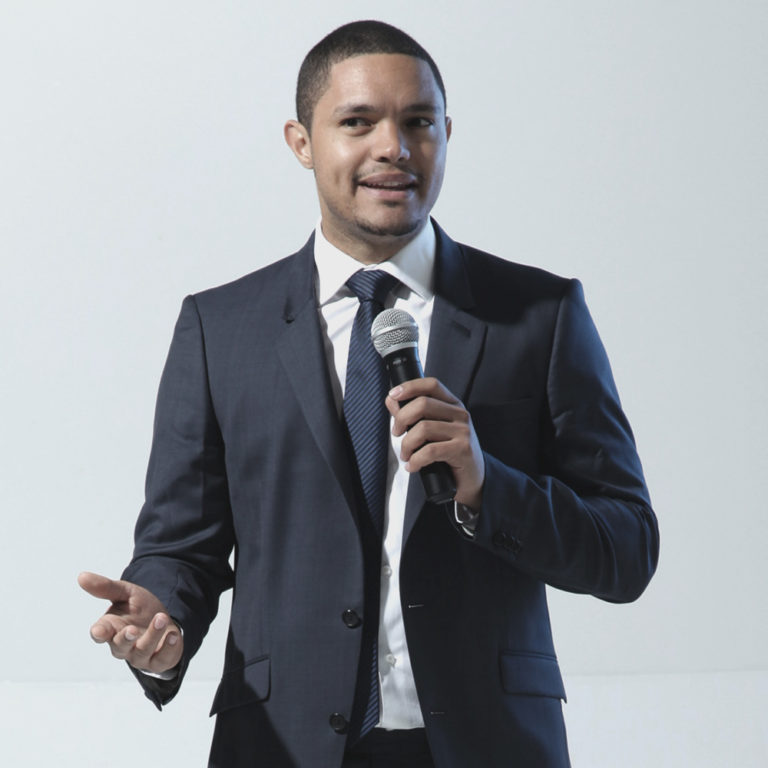I heard a news clip promoting my recent speaking engagement at a church, and they mentioned that I deal with some of “the greatest sinners of all time.”
I thought to myself: Do I? Would people who are caught up in porn and sexual sin addictions consider themselves some of the greatest sinners of all time? Probably not.
Without a doubt, Judas, the biblical disciple of Jesus, is considered the greatest sinner of all time because of what he did to Jesus.
Here is the passage from Luke 22:21-22.
Do you realize that the hand of the one who is betraying me is at this moment on this table? It’s true that the Son of Man is going down a path already marked out.
No surprises there. But for the one who turns him in – who turns traitor to the Son of Man – this is doomsday.
Let me tell you a little bit about what the Bible says about Judas:
- He was personally chosen to be an apostle by Jesus.
- He spent 3 1/2 years traveling with Jesus.
- He saw all the miracles of Christ in person.
- He watched as Christ healed the sick, raised the dead and cast out demons.
- In terms of experience with Jesus, whatever you can say about Peter, James and John, you can say about Judas.
- On top of all this, he handled the money, which is most of the time the most trusted one in the bunch. No one suspected that Judas would betray Jesus, which tells me he was a believer.
- His life was changed.
- He knew Jesus personally.
- In a dark moment of his life, he made a mistake. A big one. He sold Jesus out for 30 silver coins or so. The moment he knew what he had done, he felt remorse, and he killed himself.
I am not here to debate theology. The facts are the facts. I don’t think Judas was “The Mole,” like the reality show character who’s there to sabotage the game from the beginning. I think he made a mistake and now has gone down as committing the biggest sin of all time.
Judas heard every message, saw every miracle, and still screwed up.
Recently, I asked on my Facebook page: “Is Judas in heaven or hell?”
The first response was:
Judas is in hell today. He has been there for 2,000 years and he will be there forever.
There is a button on Facebook that I have started to love. It is called “unfriend.” I won’t unfriend you because you believe differently than I do, I just don’t need more theologians as my friends on Facebook who speak with such confidence when it comes to someone’s place in eternity.
A debate continues on my Facebook wall. I love how everyone is so convinced they know whether Judas is in heaven or hell.
I don’t know who gets in, actually. Do I believe in heaven and hell? Yes. I believe one is dark and one is light, and they both last forever.
What is interesting to me is that in the upper room where Jesus and his disciples shared their last supper together, the 12 disciples all talked about how they were so great. Peter left the room and denied Jesus three times. Judas left the room and sold Jesus out for 30 coins.
One committed suicide, and one went on to build the church as we know it today. Both Peter and Judas committed the same sin. They both denied Jesus. But why do most people think one goes to heaven and one goes to hell?
This is not the debate Christians need to be engaged in. We don’t know. Instead of wasting our time on these types of arguments inside our little Christian world, maybe we should look inside ourselves [edited].
It is easier to debate these issues and make speculations about others than it is to actually look at ourselves in the mirror. It is always easier to think someone else is worse off than we are.
[edited…] We can be reminded that for Christians, the cross and the grave should silence all of these debates. We all fall short and deserve death, but because of what Jesus did on the cross 2,000 years ago, we are able to have life. And I believe that where you end up, God only knows.
Source: CNN.com
The author, Craig Cross, is the pastor and founder of xxxchurch.com.










